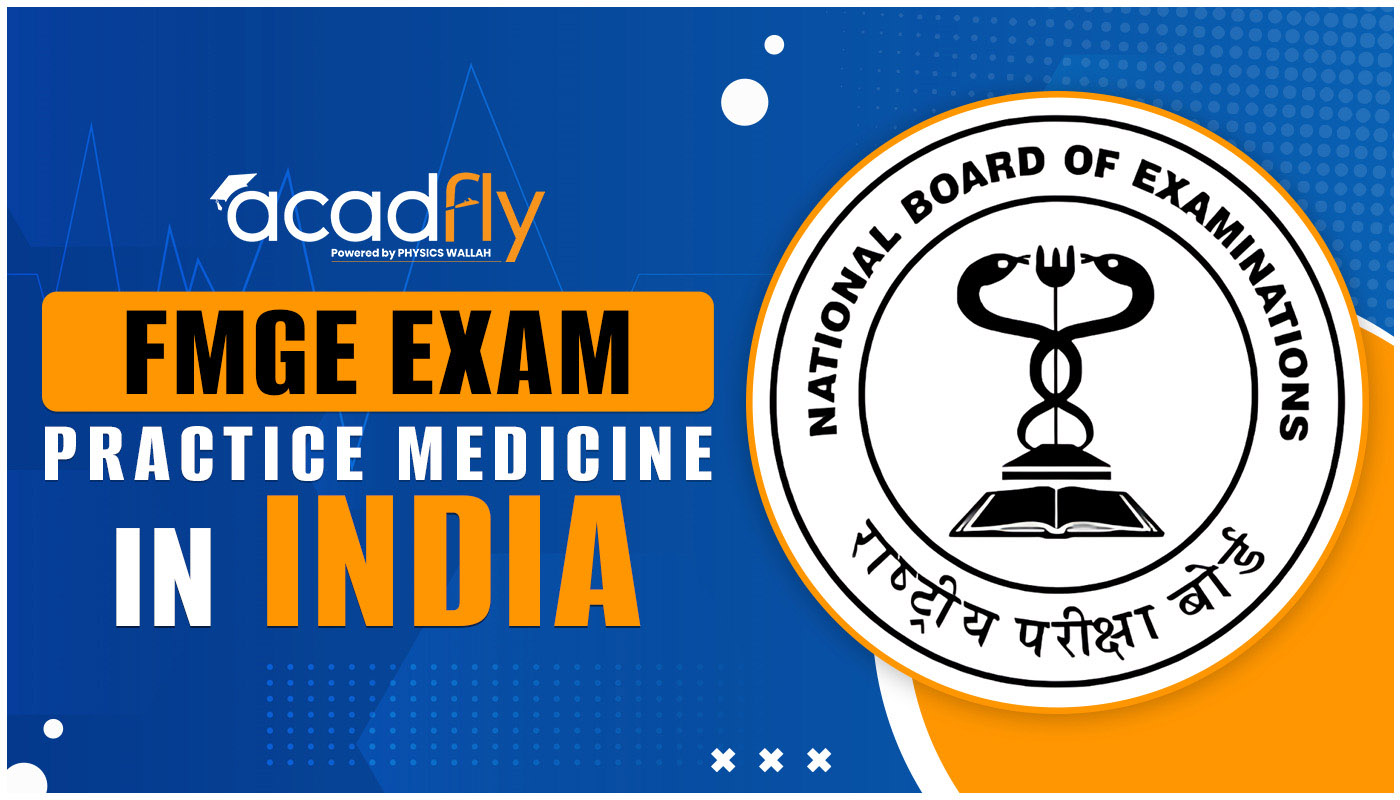
Improving your English language skills for the IELTS exam involves a multi-faceted approach that encompasses various aspects of language learning. This comprehensive guide offers strategies to enhance your proficiency effectively, including immersive learning, targeted practice, and skill-building techniques. Immersion through engaging with English media, such as movies, news broadcasts, and books, helps familiarize you with diverse vocabulary and language patterns.
Regular speaking practice, through conversation clubs or language exchange apps, builds fluency and confidence. Expanding your vocabulary and mastering grammar through context-based learning and feedback further refine your language abilities. Additionally, developing effective reading strategies and practicing writing skills ensure well-rounded preparation. By integrating these methods into your study routine, you'll be well-equipped to achieve a high score on the IELTS exam and enhance your overall English proficiency.
Understanding the Importance of English Skill Improvement
Improving your English skills is crucial, not just for academic success but also for effective communication in professional and personal settings. Strong English proficiency enhances your ability to articulate ideas clearly, engage in complex discussions, and write with precision. This is especially important in globalized environments where English is often the primary medium for communication. Additionally, mastering English can significantly boost your confidence and open doors to better opportunities in both education and career advancement.
The Role of English Proficiency in IELTS Success
The International English Language Testing System (IELTS) assesses your ability to use and understand English in an academic context. The test comprises four sections: Listening, Reading, Writing, and Speaking. Each section requires a different set of language skills, and your overall score is determined by your performance in all these areas. Improving your English language skills is vital for achieving a high score, as it directly impacts your ability to comprehend and respond effectively to the test questions.
Benefits Beyond the Exam
Enhancing your English proficiency not only helps you perform well in the IELTS exam but also benefits you in real-life situations. Whether you're studying abroad, pursuing professional opportunities, or simply interacting with English speakers, strong English skills enable you to communicate more effectively and confidently. Additionally, a high IELTS score can open doors to various academic and career opportunities, making English skill improvement a valuable investment in your future.
Strategies to Quickly Improve Your English Language Skills
Improving your English language skills quickly involves a mix of focused practice, consistent exposure, and strategic learning. Start by immersing yourself in English through reading books, watching films, and engaging in conversations. Incorporate language learning apps and online courses to target specific areas of improvement. Additionally, practicing regularly with native speakers and seeking feedback can accelerate your progress and enhance fluency.
1. Immersive Learning and Practical Application
Immersive learning engages students through interactive and experiential methods, allowing them to apply theoretical knowledge in real-world contexts. By simulating practical scenarios or using hands-on activities, learners gain a deeper understanding and retain information more effectively. This approach bridges the gap between classroom theory and practical application, enhancing both skill development and problem-solving abilities.
Why Immersion is Essential
Immersion is a highly effective way to improve your English language skills quickly. By surrounding yourself with English in various contexts, you not only become more familiar with its vocabulary and grammar but also with the cultural nuances and idiomatic expressions that are crucial for fluency. Immersion helps you to think in English, thereby improving your ability to understand and use the language naturally.
How to Immersively Improve Your English
To immersively improve your English, surround yourself with the language by engaging in activities like watching English films, listening to podcasts, and conversing with native speakers. Additionally, consistently practice reading and writing in English to enhance your fluency and comprehension.
Engage with English Media
-
Movies and TV Shows: Watching movies and TV shows in English provides exposure to diverse accents and conversational styles. Choose genres that interest you to make the experience enjoyable and motivating. Initially, use subtitles to aid understanding, but gradually challenge yourself by watching without them. Pay attention to dialogue, slang, and idiomatic expressions to understand how native speakers use the language in different situations.
-
News Broadcasts: Listening to English news broadcasts helps you become familiar with formal language and current events terminology. Choose reputable news sources like BBC, CNN, or NPR to get accustomed to professional and global vocabularies. This practice enhances your listening skills and keeps you updated on worldwide affairs, enriching your language comprehension.
Read Widely and Diversely
-
Books: Reading a variety of books, from fiction to non-fiction, exposes you to different writing styles and vocabularies. Fictional books help you understand narrative structures and dialogues, while non-fiction books provide insights into various subjects and complex sentence structures. Reading classics can introduce you to rich language and historical contexts that deepen your understanding of English.
-
Newspapers and Magazines: Regular reading of newspapers and magazines helps you stay informed about current affairs and exposes you to different writing styles and jargon. Newspapers provide formal language and editorials, while magazines cover a wide range of topics with diverse language uses. This variety helps you adapt to different contexts and improves your overall reading skills.
Listen Actively:
-
Podcasts and Audiobooks: Listening to podcasts and audiobooks on topics that interest you helps improve your listening comprehension and exposes you to various accents and speech patterns. Podcasts often feature conversational and interview formats, while audiobooks offer narrated content that helps in understanding complex ideas and vocabulary.
-
Radio Stations: Tuning into English radio stations allows you to hear different accents and conversational tones. Radio programs often include discussions, interviews, and storytelling, providing a well-rounded listening experience. This exposure helps you get accustomed to different speech rhythms and informal language, enhancing your listening skills.
Practice English Speaking Regularly:
Regular practice is crucial for developing fluency and confidence in speaking. Engaging in conversations with native speakers or fellow learners helps you apply your language skills in real-life situations. It also allows you to practice pronunciation, grammar, and vocabulary usage in a practical context.
-
Join Conversation Clubs: Participate in language exchange meetups or conversation clubs to practice speaking English with native speakers or other learners. These interactions provide real-life practice and help you become accustomed to various speaking styles and accents.
-
Utilize Language Learning Apps: Use apps that offer speaking practice and pronunciation exercises. Many apps feature interactive exercises and speech recognition technology, providing instant feedback on your pronunciation and fluency. Apps like Duolingo, Babbel, and Rosetta Stone are excellent resources for structured speaking practice.
-
Record Yourself: Record yourself speaking on various topics or reading passages aloud. Listening to these recordings helps you evaluate your pronunciation, intonation, and grammar. Set specific speaking goals, such as improving pronunciation or expanding vocabulary, and track your progress through these recordings.
2. Vocabulary Expansion and Grammar Mastery
Vocabulary Expansion and Grammar Mastery are crucial for mastering any language. Expanding your vocabulary helps you express yourself more precisely and confidently, while mastering grammar ensures your communication is clear and accurate. Together, they enhance both your written and spoken skills, making your language use more effective and engaging.
Expanding Your Vocabulary
A rich vocabulary is essential for effective communication and is particularly important for success in exams like IELTS. Expanding your vocabulary helps you express ideas more precisely and understand various contexts better.
Learn Vocabulary in Context
-
Contextual Learning: Instead of memorizing isolated words, learn new vocabulary in the context of sentences and phrases. This approach helps you understand how words are used in different contexts, improving retention and application. Read sentences and paragraphs that use new words to see how they function in various situations.
-
Use Vocabulary in Writing: Incorporate new vocabulary into your writing exercises. Practice writing essays, articles, or journal entries with new words to reinforce their usage. This helps you apply vocabulary effectively and enhances your writing skills.
Use Flashcards:
-
Create Flashcards: Make flashcards with new vocabulary words, their definitions, and example sentences. Regularly review these flashcards to reinforce your memory. Flashcards are an effective tool for memorizing and recalling vocabulary.
-
Digital Flashcard Apps: Utilize digital flashcard apps like Anki or Quizlet to create and review vocabulary lists on the go. These apps often include features such as spaced repetition, which helps improve long-term retention of vocabulary.
Engage with English Content:
-
Reading and Listening: Pay attention to new words and phrases while reading books, articles, or listening to media. Make a note of unfamiliar words, look up their meanings, and practice using them in context. Engaging with diverse content helps you encounter and learn vocabulary in varied settings.
-
Active Use: Practice using new vocabulary in conversations and writing. Active usage of vocabulary helps reinforce your understanding and integrates new words into your language skills. Engage in discussions, write essays, or create sentences using new words to solidify your learning.
Mastering Grammar
Good grammar is crucial for clear and effective communication. It impacts your ability to construct sentences correctly and convey ideas accurately.
Study Grammar Rules:
-
Grammar Books and Online Resources: Use grammar books and online resources to study and practice English grammar rules. Focus on areas such as verb tenses, sentence structure, and articles. Books like "English Grammar in Use" by Raymond Murphy offer comprehensive explanations and exercises. Online resources like Grammarly and Purdue OWL provide interactive practice and explanations.
Practice Writing Regularly:
-
Write Essays and Emails: Practice writing various texts in English, such as essays and emails, to focus on grammar, punctuation, and sentence structure. Regular writing practice helps you apply grammar rules in context and develop a more polished writing style.
-
Revise and Edit: Review and revise your writing to correct grammatical errors and improve clarity. Editing helps you refine your writing skills and develop attention to detail. Tools like Grammarly and Hemingway can assist with editing and grammar checks.
Mastering IELTS Listening: Techniques to Enhance Comprehension
Mastering IELTS Listening involves honing specific techniques to enhance comprehension and accuracy. Key strategies include practicing active listening to understand various accents and speech speeds, developing effective note-taking skills, and familiarizing yourself with the test's question types to improve your response accuracy. Consistent practice with diverse listening materials and mock tests can also significantly boost your performance.
Listening Skills for IELTS:
-
Active Listening: Practice active listening by focusing on the speaker’s tone, intonation, and specific details. Use practice materials to familiarize yourself with different accents and speaking styles.
-
Note-Taking: Develop effective note-taking strategies to capture key information during listening tasks. Practice summarizing and organizing your notes for better comprehension.
Boost Your IELTS Speaking: Practical Tips for Fluency and Confidence
To boost your IELTS Speaking skills, practice regularly with a focus on fluency and confidence. Engage in conversations on diverse topics, use a range of vocabulary, and work on your pronunciation to enhance clarity. Mock speaking tests and feedback from native speakers can also help refine your performance and build confidence.
Improving Speaking Fluency:
-
Fluency Exercises: Engage in speaking exercises that focus on fluency and coherence. Practice speaking on various topics and use transition words to connect your ideas.
-
Confidence Building: Build confidence by practicing speaking in front of a mirror or recording yourself. Use positive self-talk and visualization techniques to overcome nervousness.
IELTS Writing Success: Structuring and Refining Your Essays
Mastering IELTS Writing requires a clear structure and meticulous refinement. Start with a strong introduction and follow a logical progression of ideas in the body paragraphs. Conclude with a cohesive summary, and ensure your essay is polished through careful editing for clarity and coherence.
Writing Skills for IELTS:
-
Essay Structure: Learn the structure of IELTS essays, including the introduction, body paragraphs, and conclusion. Practice organizing your ideas logically and using cohesive devices.
-
Refinement Techniques: Revise and edit your essays to improve clarity and coherence. Focus on grammar, vocabulary, and punctuation to enhance the quality of your writing.
Ace the IELTS Reading Test: Strategies for Efficient and Effective Reading
To excel in the IELTS Reading Test, focus on mastering key strategies such as skimming for main ideas, scanning for specific information, and practicing time management. These techniques will enhance your ability to quickly identify important details and improve overall reading efficiency, ultimately boosting your test performance.
Effective Reading Techniques:
-
Timed Practice: Practice reading under timed conditions to simulate the exam environment. Develop strategies for managing your time and answering questions efficiently.
-
Question Analysis: Analyze the types of questions in the reading section and practice answering them using different strategies.
How to Use Practice Tests for IELTS Preparation
Practice tests are essential for IELTS preparation as they help you familiarize yourself with the test format and timing. By regularly taking these tests, you can identify your strengths and weaknesses, allowing you to focus your study efforts more effectively and improve your overall performance.
Maximizing Practice Test Benefits:
-
Simulate Exam Conditions: Take practice tests under exam conditions to familiarize yourself with the format and timing. Review your answers and analyze your performance to identify areas for improvement.
-
Focus on Weak Areas: Use practice test results to focus on weak areas and adjust your study plan accordingly. Practice regularly to build confidence and improve your skills.
Frequently Asked Questions
1. How can I quickly improve my English language skills for the IELTS exam?
2. What are the best ways to boost my English proficiency before taking the IELTS?
3. How can I improve my English speaking skills specifically for the IELTS exam?
4. What are some effective techniques to improve English grammar for the IELTS?
5. How can I enhance my reading skills for the IELTS exam?










